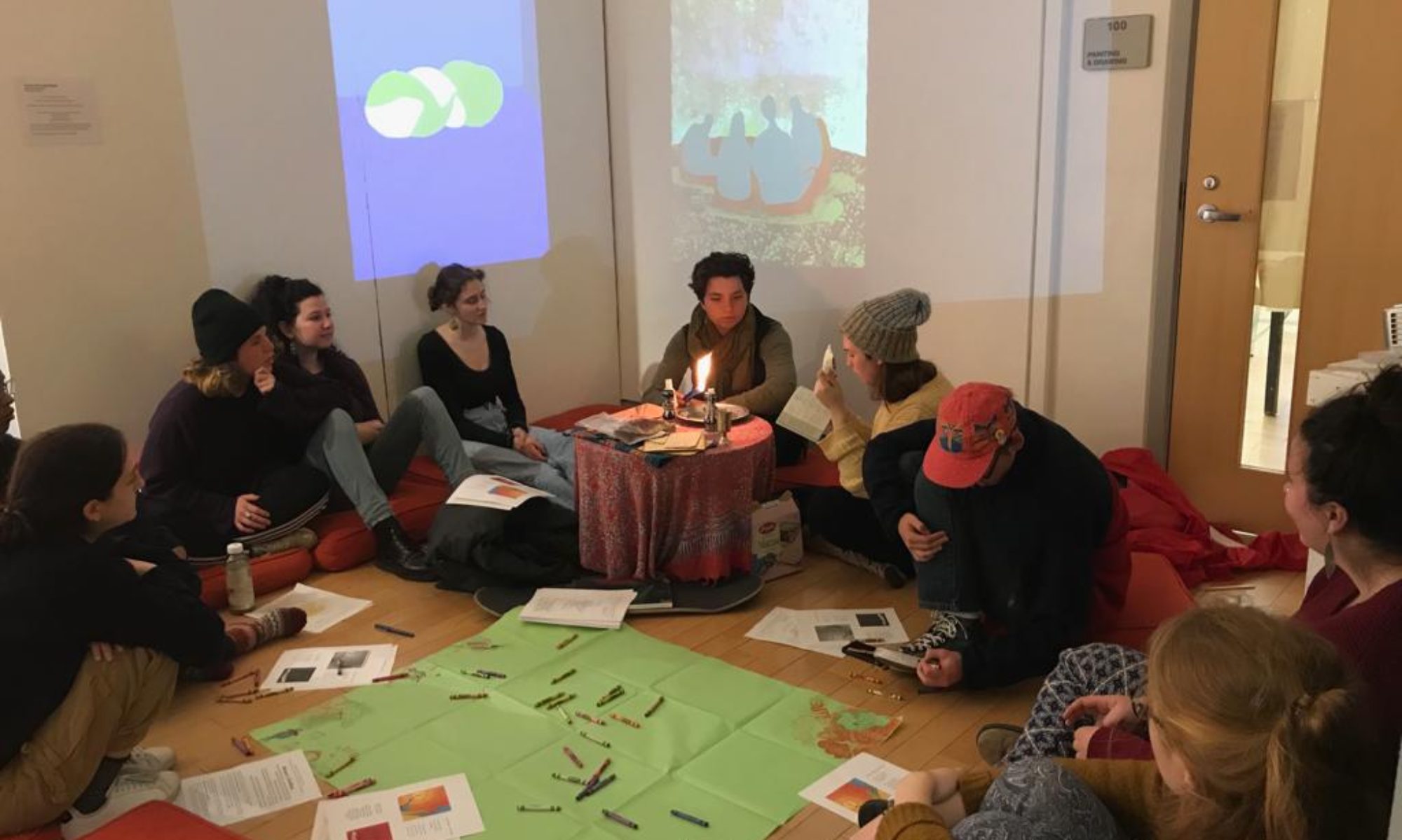CYES 295:
What I know to be true is undeniably entwined with the way that power is distributed in our society. Those with power over have been systematically advantaged to sustain and increase their power. After the election of Donald Trump, there was an alarm set off in liberal circles that indeed there is a larger crisis occurring in our country, the media categorized this as the “wake-up” of our generation. However, this election has actually shed a bright light on the ignorance, privilege, and neoliberalism that seeks to blind humans from the violence that is occurring all around us.
Neocolonialism is what continues this ongoing inequality and distribution of power amongst our communities by suppressing liberation for marginalized groups and replicating historical systems of power in new ways. J.M Blaut in his piece, “The Ghetto as an Internal Neo-Colony” defines Neocolonialism as, “fundamentally an economic process supported by social and political institutions, and enforced by violence. Its purpose is to extract the maximum amount of wealth from every third-world space, and channel that wealth (after the pay-off to neo-colonial elites and agencies of control) to First-world corporations. In each region, the wealth extraction process takes a different form. In all regions, however, the process is conditioned by the prevailing needs of first-world capitalism, the prevailing state of first world technology, and the specific natural and human resources of the region itself” (Blaut, n.d., 39). I find this important as way to preface how I see inequality today, which is that our current society is still poisoned with state violence, systematic racism, sexism, that began 2,000 years ago.
NOW:
Looking back at this reflection, I still resonate with much of what I wrote. Over time I think my analysis on neo-colonialism grew. I have continued to see the ways in which our society’s reliance on capitalism has bred a culture of individualism and isolation.
In my praxis project I was studying leadership amongst cultural organizers, which is all about relationships and the ways in which we navigate our identities in our work. Through my work I have come to understand, that learning how to break cycles of self-isolation and individualism is essential for building liberatory relational practices in our organizing spaces. Mark Fairfield, works to combat this culture of self- sufficiency and isolation through his work with Relational Uprising, a training and coaching institute which aims to help build strong relational culture within social justice communities. Fairfield has been able to study the impact of individualism on relational culture in organizing spaces. During an interview with Kate Werning on Healing Justice Podcast, “Relational Culture & Undoing Individualism” (2018), Fairfield defined relational culture as, “a commitment to rescuing relationship from an insidious, poisonous, lethal, drift in our dominant culture, towards extreme individualism, which has been gaining momentum for hundred of years.” For Fairfield, it is impossible to confront relationship conflicts or interpersonal culture of a group without investigating the ways in which the community has been impacted by individualism. In this interview, Fairfield goes on to explain that when we look back at history, we can see that human life has been built from interconnected strength and support. Fairfield says, “we [as a society] are not trying to become independent. If you study biological systems there is no life form that does that, that doesn’t exist. What you will see is a very diverse range of connections, so if there is a strain on one side of connections, there is all these other kinds of connections to compensate for that.” Grounding our relational practice in the patterns and growth of our natural environments allows us to see conflict and difference as resources for new life and ideas.
In addition to the culture of individualism, we have entered 2019, in which capitalism is working (successfully) to glamorize organizing and protests, as an attempt to co-opt these movements for aesthetic purposes. We are sold #staywoke, but in reality this is just capitalist exploitation of social movements in order to profit off of the appropriation of black culture, queerness, and other sub-cultures. It is cool to be different, but not as cool to get arrested for speaking out. Rather than bolstering punchy Women’s March posters, we must embrace our social realities as a crucial sustaining factor of this work
